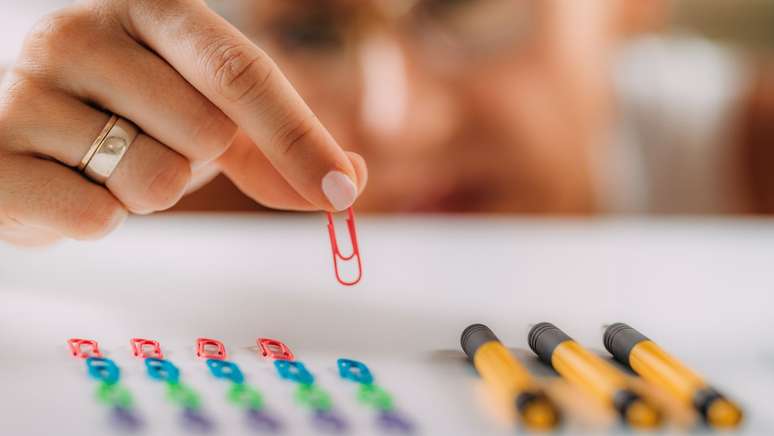USP researchers want to understand how patients with OCD respond to medications or therapies. To apply, simply contact the team
The Institute of Psychiatry (IPq) of the Hospital das Clínicas of the Faculty of Medicine of the University of São Paulo (HC-FM-USP) is currently looking for volunteers with obsessive compulsive disorder (obsessive-compulsive disorder) to participate in a study focused on evaluating the impacts of certain treatments.
- A brain device could keep obsessive compulsive disorder and epilepsy under control
- Scientists monitor brain signals associated with obsessive compulsive disorder for the first time
The study aims to provide medication or psychotherapy to these volunteers, while monitoring their reactions.
The discoveries will be part of the project “Research on obsessive-compulsive disorder based on neurocircuits: contribution to the study of the mechanisms of the disease and the development of new treatments”, financed by Fapesp.
According to Fapesp’s statement, the idea of this project is to investigate the involvement of specific neurocircuits in OCD. To get to these neurocircuits, scientists analyzed evidence from previous neuroimaging and neuropsychological studies.
Who can participate in the study?
The only requirement stated in the announcement is that participants must suffer from obsessive compulsive disorder.
Interested parties can contact the studio managers through two methods: Whatsapp: (11) 2661-6972 or email: protoc.ipq@hc.fm.usp.br.
The team also announces that participants will be able to choose between two treatments for the disorder: medication (12 weeks + quarterly follow-up for one year) or intensive behavioral therapy (two weeks, every day + quarterly follow-up for one year) .

In addition, volunteers also participate in clinical interviews and brain MRIs before and after treatment.
With each new study, science has discovered more about the relationship between disorders in the brain. It turned out, for example, that Brain stimulation can relieve the symptoms of OCD.
Obsessive-compulsive disorder
According to the International OCD Foundation, OCD is defined by a cycle of unwanted, intrusive impulses that bring out intensely distressing feelings.
Compulsions are behaviors that an individual adopts to try to get rid of obsessions and reduce suffering.
The organization reminds us that most people have obsessive thoughts or compulsive behaviors at some point in their lives, but that does not mean they have OCD.
For the diagnosis to be made, this cycle must be extreme and consume a lot of time (more than an hour a day, for example), cause intense suffering, or get in the way of important activities.
Source: Fapesp Agency, Brain Sciences, International Foundation for OCD
Trends on Canaltech:
- Has Instagram crashed? The network is unstable this Monday (15th)
- Secret Configuration Can Make PS4 and PS5 Faster
- Motorola Edge 50 Ultra has more specs and new colors leaked
- Relapse | Fans create an interactive map showing all the hideouts from the series
- Silvio | The first trailer shows more of Rodrigo Faro as Silvio Santos
- The 45 most anticipated films of 2024
Source: Terra
Rose James is a Gossipify movie and series reviewer known for her in-depth analysis and unique perspective on the latest releases. With a background in film studies, she provides engaging and informative reviews, and keeps readers up to date with industry trends and emerging talents.


![It All Begins Here: What’s in store for Tuesday 21 October 2025 Episode 1289 [SPOILERS] It All Begins Here: What’s in store for Tuesday 21 October 2025 Episode 1289 [SPOILERS]](https://fr.web.img3.acsta.net/img/99/48/99481db5c03e1ff295fce95b23125991.jpg)




